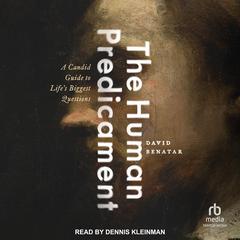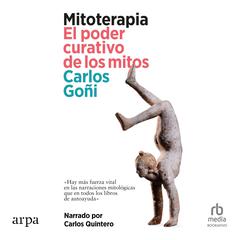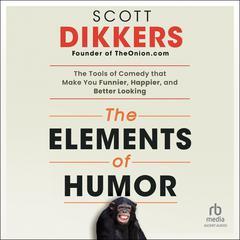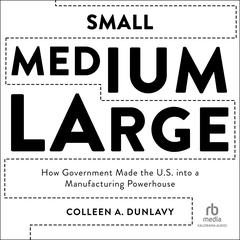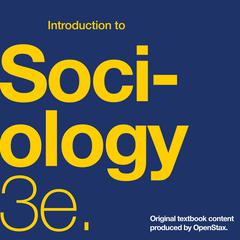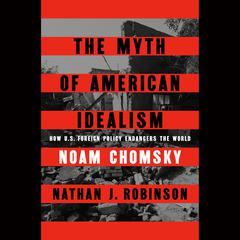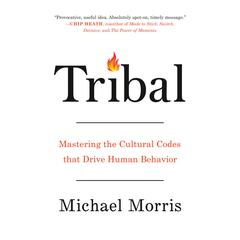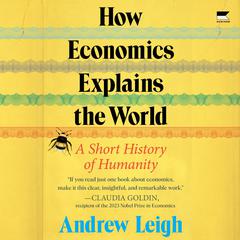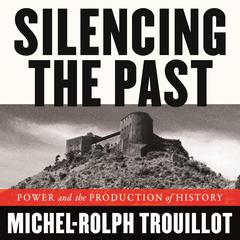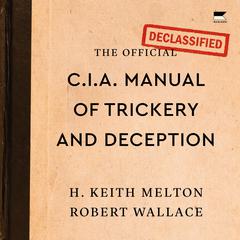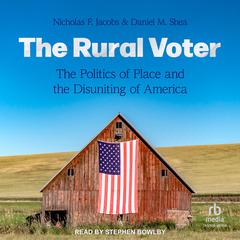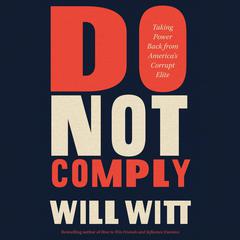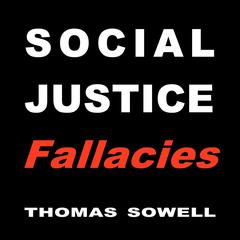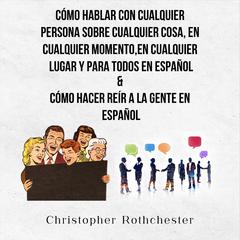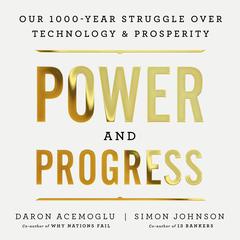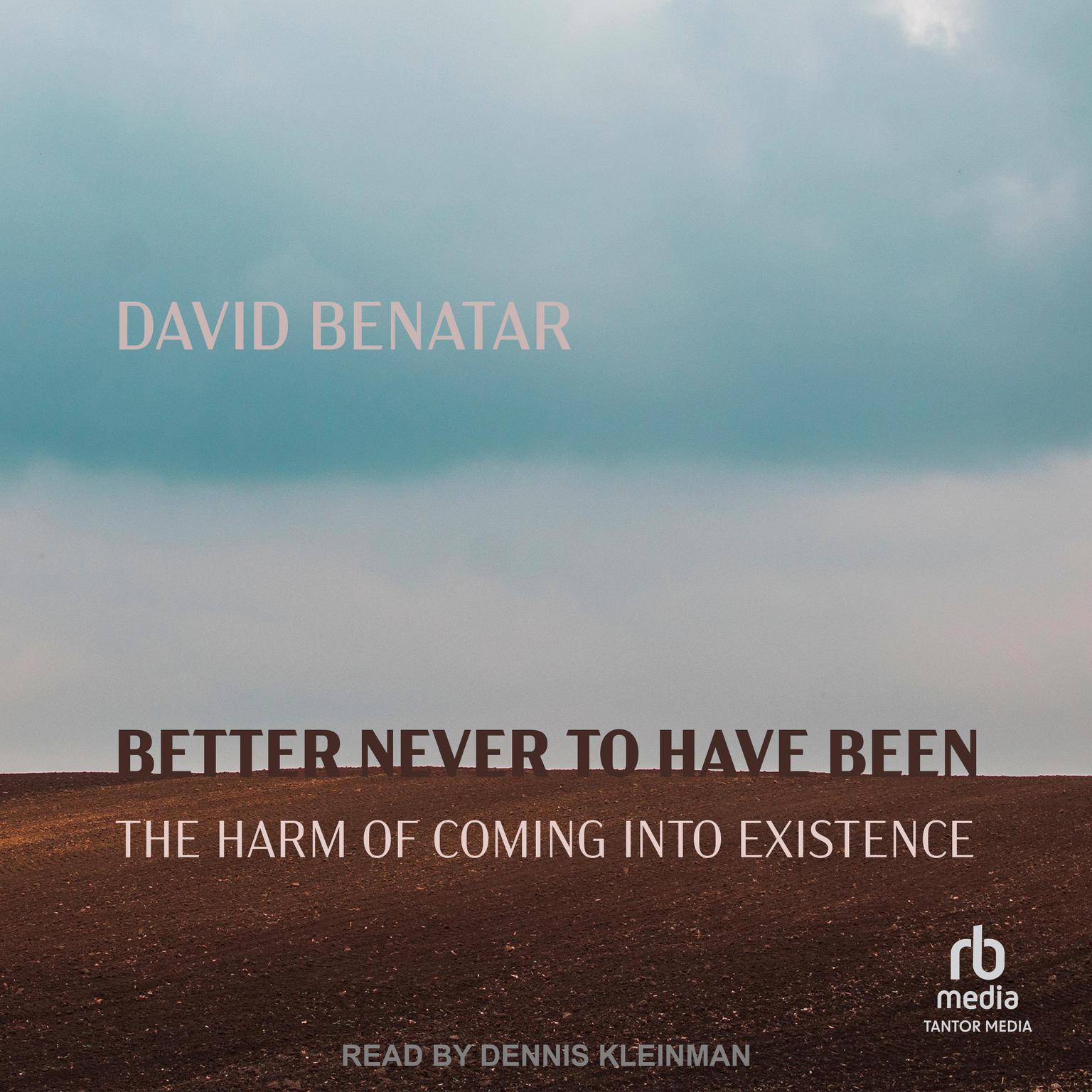 Play Audiobook Sample
Play Audiobook Sample
Better Never to Have Been: The Harm of Coming into Existence Audiobook
 Play Audiobook Sample
Play Audiobook Sample
Quick Stats About this Audiobook
Total Audiobook Chapters:
Longest Chapter Length:
Shortest Chapter Length:
Average Chapter Length:
Audiobooks by this Author:
Publisher Description
Most people believe that they were either benefited or at least not harmed by being brought into existence. Thus, if they ever do reflect on whether they should bring others into existence—rather than having children without even thinking about whether they should—they presume that they do them no harm. Better Never to Have Been challenges these assumptions. David Benatar argues that coming into existence is always a serious harm. Those who never exist cannot be deprived. However, by coming into existence one does suffer quite serious harms that could not have befallen one had one not come into existence. Drawing on the relevant psychological literature, the author shows that there are a number of well-documented features of human psychology that explain why people systematically overestimate the quality of their lives and why they are thus resistant to the suggestion that they were seriously harmed by being brought into existence. The author then argues for the "anti-natal" view—that it is always wrong to have children—and he shows that combining the anti-natal view with common pro-choice views about fetal moral status yield a "pro-death" view about abortion. Although counter-intuitive for many, that implication is defended, not least by showing that it solves many conundrums of moral theory about population.
Download and start listening now!
Better Never to Have Been Listener Reviews
Be the first to write a review about this audiobook!
About Dennis Kleinman
Dennis Kleinman has been narrating audiobooks since 2013 and has at least forty titles to his credit. His career began with a biography of a British general, Sir David Fraser, and then transitioned into a series of period romance audiobooks. He has also narrated half a dozen nautical themed audiobooks, as well as South African themed works that include The Lion Seeker and The Zebra Affaire. He lives with his family in Los Angeles.




